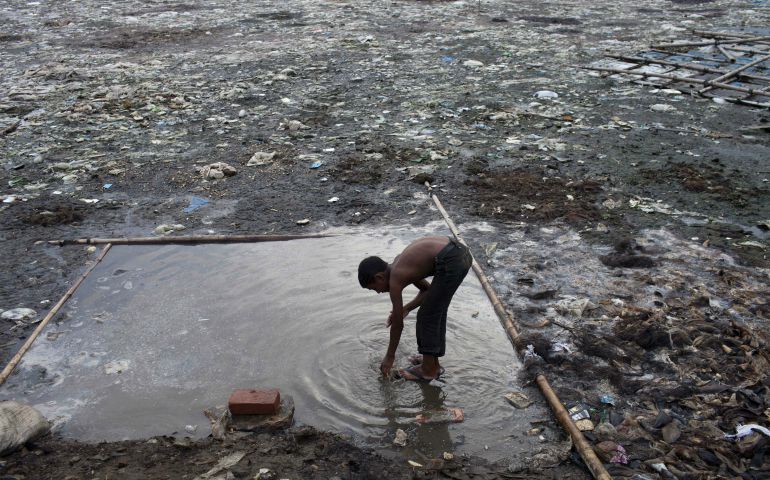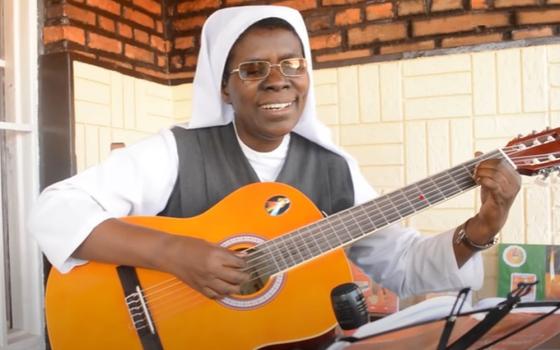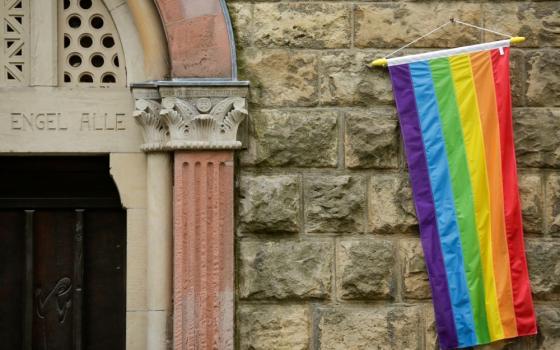
Water is the entry point for those on the justice-peace journey, Sr. Maura McGrath says.
"Water is life, it's sacred, so it's got to be our way into making any moves in terms of equality and human rights," said the Congregation of Notre Dame sister from Montreal, one of many women religious around the world employing creative measures to make those moves concrete in their communities.
With clean water scarcity affecting nearly half the world's population, the United Nations' sustainable development goal on water and sanitation aims for universal access to safe drinking water, sanitation and hygiene by 2030.
Sisters work toward these goals on the ground, providing water filters to locals or organizing communities to construct piping. Others pursue sustainable development behind the scenes, focusing on responsible usage at the corporate level, such as with Campbell Soup Company and Tyson Foods. (The latter recently pleaded guilty to criminal charges for water pollution in Missouri.)




